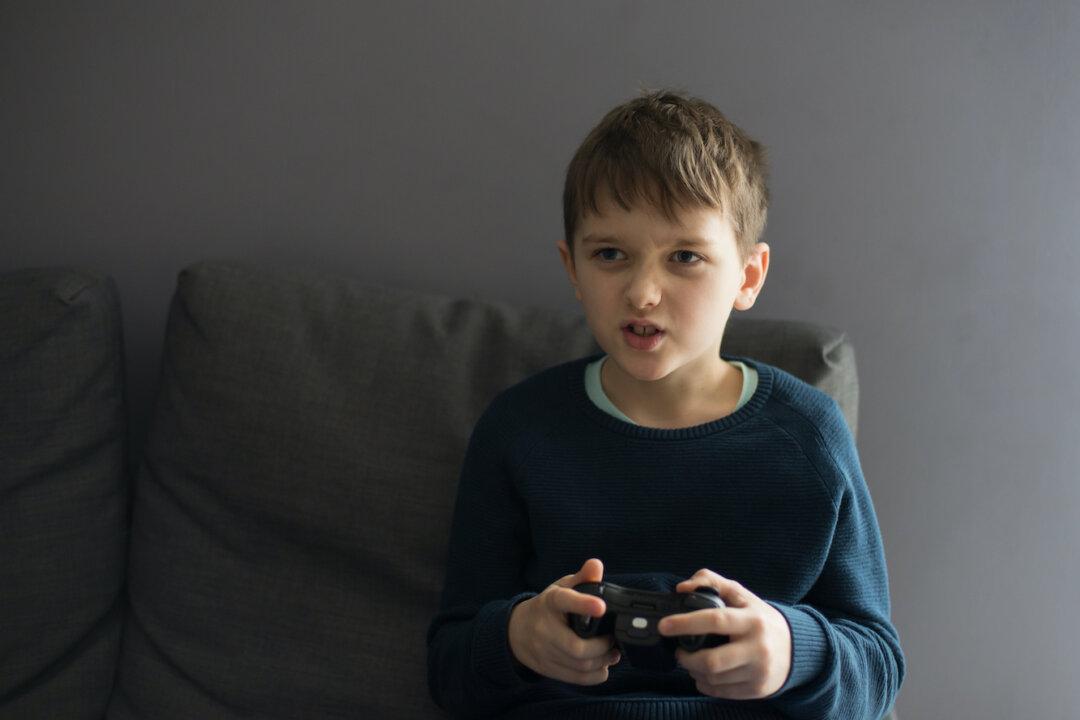For good reason, parents think the best of their children. Parents unconditionally love their kids and, while that helps our children’s development thrive, it also means that sometimes parents can be blinded to their childrens’ hearts and capabilities. And nowhere is this more evident than in the virtual worlds where our kids are spending so many hours of their days.
We all want to believe that our child is the exception and that he can withstand the dangers and the persuasive design elements created by brilliant neuroscientists to keep all human eyes glued to their entertainment technology. Nevermind the fact that he cannot remember to brush his teeth. So why do we believe that we gave birth to the one and only child who is immune to screen risks?





